Voted America’s Best-Loved Novel in PBS’s The Great American Read Harper Lee’s Pulitzer Prize-winning masterwork of honor and injustice in the deep South—and the heroism of one man in the face of blind and violent hatred One of the most cherished stories of all time, To Kill a Mockingbird has been translated into more than forty languages, sold more than forty million copies worldwide, served as the basis for an enormously popular motion picture, and was voted one of the best novels of the twentieth century by librarians across the country. A gripping, heart-wrenching, and wholly remarkable tale of coming-of-age in a South poisoned by virulent prejudice, it views a world of great beauty and savage inequities through the eyes of a young girl, as her father—a crusading local lawyer—risks everything to defend a black man unjustly accused of a terrible crime.
Sale end in:
To Kill a Mockingbird
By: Harper Lee
ISBN-10: 0060935464
ISBN-13 : 978-0060935467
Publisher : Harper Perennial (January 1, 2002)
Language : English
Paperback: 336 pages
Reading Age : None
Dimensions : 7.9 x 5.3 x 0.9 inches
Item Weight : 9 ounces
$17.12 $13.70
SKU9780060935467

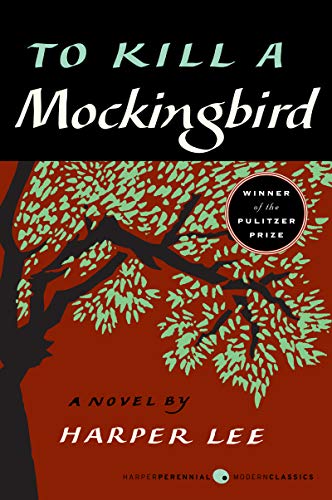
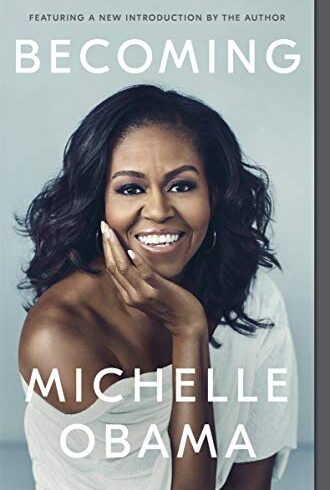
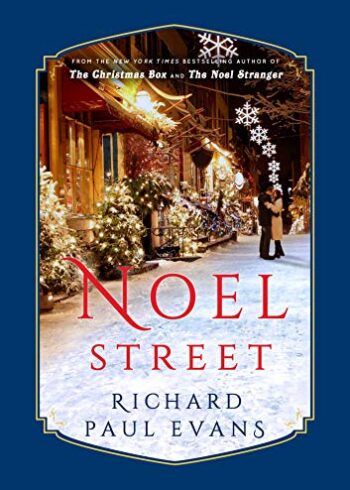


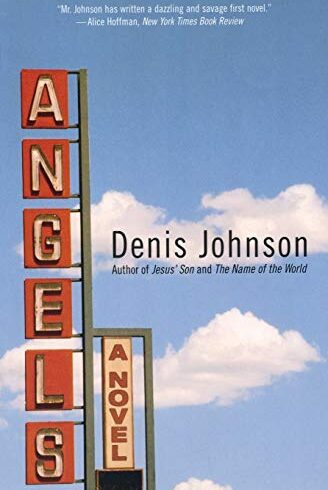

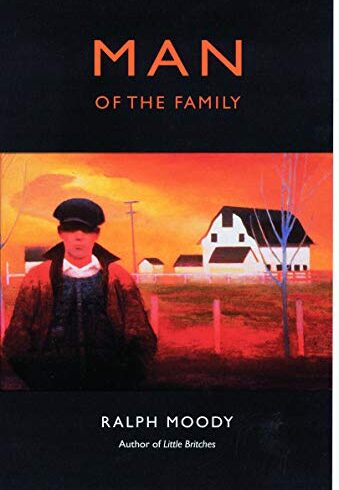
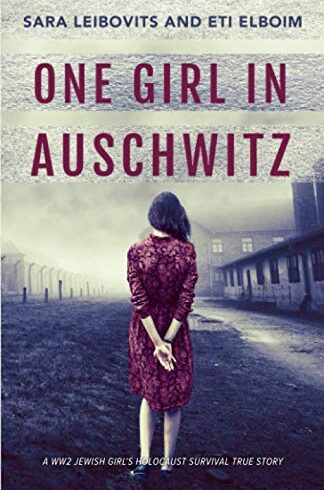

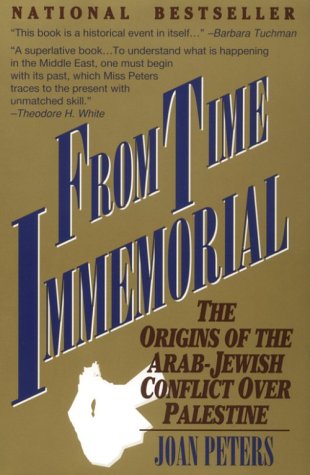

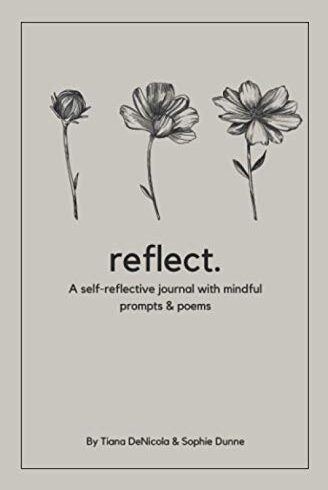

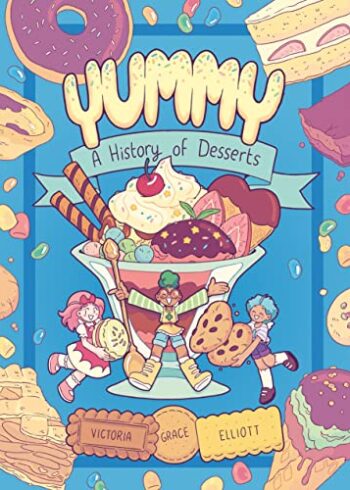
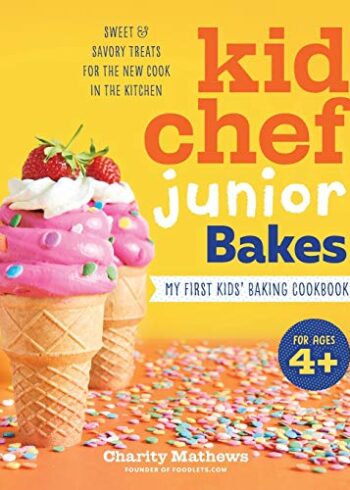
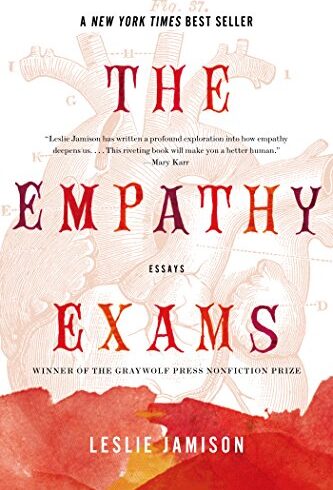
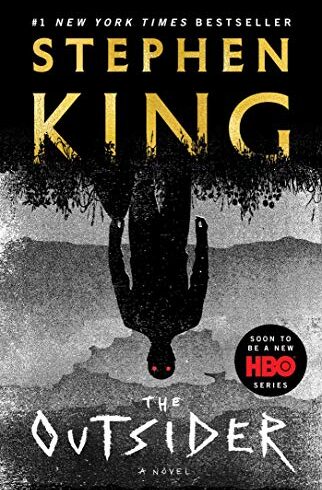
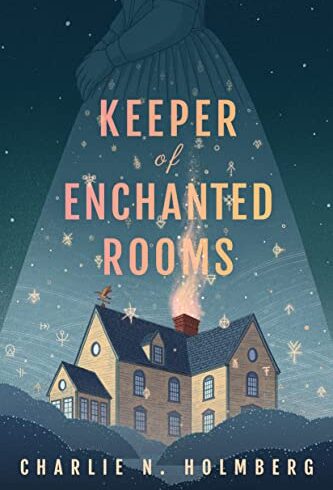
Marie Vivas St. Louis –
Reflections on Harper Lee’s novels – Spoiler alert, if you have not read these books and do not want the plots spoiled, I will spoil them here., Well, I chose to read Harper Lee’s works in chronological order. I think I made the right choice. It was good to have Scout’s childish perspective and focus on a certain life-defining episode of her youth as the background for Jean Louise’s coming of age story., Harper Lee took a few pages of her first work and turned them into a compelling, fully fleshed out story of childhood innocence disturbed by subtle yet turbulent reality. The account of childhood in small town Alabama with the underlying racial and social tensions puts us there, in the middle of this placid surface, this languid recounting of summer play and childhood imaginations ruled by the somewhat abstract, quite benevolent and highly principled Atticus Finch., The Maycomb of “To Kill a Mockingbird” is a tightly controlled universe where everyone knows their place. We accept the dictums of the time. The blacks live where they live, the white trash are just that but they are not all evil, and the servants, as seen through the eyes of the child, are there to serve but also to police and mete out reprimands or sage advice as needed. There is the required crazy person that must be present in every Southern novel. And, somewhere, in the very vague background are the local politics which will intrude in the idyllic, drowsy pace of life., Of course, the idealization of Maycomb, of its inhabitants, of the unimpeachable Atticus, rest on that childish platform. If we look at it from the perspective of “Go Set A Watchman” we can see that this view of Maycomb as a place of seeming harmony, with well working social structures – this view of Atticus as a paragon of virtue and integrity – could not survive the sober scrutiny of adulthood intact., I can see why Mockingbird is such a beloved novel – in simple terms it is about doing the right thing even if you know you can’t win or change the world. This is the lesson. Atticus defends the black man accused of rape, stands up to the lynch mob, and forces his children to take insults with dignity. Wow, daddy is Gregory Peck at his best., And yet, very subtly, the image starts to blur. It is almost like you can see the palimpsest of Watchman in Mockingbird. Atticus Finch holds a seat in the Alabama State Legislature to which he is constantly reelected. Would he have the support of his constituents if he did not uphold the status quo? He is assigned the Robinson case, he did not ask for it. He goes along with his sister’s prohibition of the children going to a black church. He tolerates the racism of others. He jokes with Scout that if women served on juries, trials would never end. Ultimately, he goes along with not investigating a murder., Fast-forward, or rewind, to the Watchman universe- Jean Louise (formerly known as Scout) has graduated from college, is living in New York and comes home for her yearly visit. What do we learn right away? Her father is suffering from rheumatoid arthritis and cannot pick her up because he can’t drive to the train station. He relies on her boyfriend, an up-and-coming lawyer who has become like a son to him for day to day work. He is somewhat henpecked, somewhat tolerant of his sister’s control of the household and we soon learn that she is there because he needs her to take care of him., Then we have the town of Maycomb, where the tensions are no longer simmering, they are at the forefront of activity. The white folks are pissed off about desegregation, the black folks are openly showing their distrust, the Citizens Council is hosting the Klan, and the boyfriend is deemed trash by the social powers that be., From the moment that Hank picks her up we understand that she is seeing her hometown with different eyes – with eyes that have been cleansed of childhood cobwebs. Still, she is in denial about the one constant in her life. She thinks Atticus is in better shape than he actually is. She very slowly starts to come to grips with his frailties as she observes how his rheumatoid arthritis keeps him from doing simple things like tying his shoe laces, and also makes him dependent on others for rides to work. This coming to terms with his physical limitations is well crafted. It leads perfectly into the moment when, sitting in the same courtroom gallery where, at the age of six, she watched Atticus defend a black man because it was the right thing to do, she now watches him join forces with the height of Maycomb’s racist establishment. The stage where he became her guiding light, her moral compass, is the stage where he falls from grace. As she watches him introduce the speaker from the Klan, shake his hand, and offer him a platform to share his views, the scaffolding that has held Atticus up for the past 20 years comes tumbling down., Jean Louise’s reaction is extreme; all is lost and she no longer has her rock. Her hero plunges off the pedestal. Up until this point, the narrative is solid, if somewhat predictable. She confronts her father and falls apart. She wonders what, if anything, about her life is true. She sees Atticus as a racist and feels deceived. The confrontation is realistic. He is who he always was and he knows that she needs to come to terms with it. As Atticus, the perfect Southern gentleman, would, he is gracious and understanding while, at the same time, completely comfortable with his world view. The blacks are backwards children who should trust good white men like him to make the world a better place for them. He and his peers know what’s best. Jean Louise feels betrayed and goes on a rampage of blame. Can a visit to her childhood maid set things right? During this visit, where she is treated politely but given no trust or warmth, Jean Louise finally realizes that her childhood memories veer into the realm of fantasy., The rest of the novel is a mad dash through denial, acceptance, self-awareness and absolution. Atticus emerges once again as the paragon of parenthood. He is proud that she has become her own person and not just a follower of Atticus. Jean Louise realizes that she is still part of the system she abhors and makes peace with her role in the drama of racial relations in Maycomb. In the end, she realizes the status quo is a bad thing but, what are you going to do?, This is the part of Watchman which would have benefitted from careful and thoughtful editing. It is too rushed. A scene where she visits her uncle for a session of gnashing of teeth and pointing of fingers reads like a something out of a cheap melodrama leading to the clichéd “slap this woman so she will cease her hysterics” moment. This is followed in quick succession by the scene in which Atticus is proud of his daughter for becoming her own person and she realizes he is still her hero., I am saddened by two missed opportunities in these last few chapters., This is a coming of age novel where the heroine must lose her childhood innocence, realize that her father is not perfect, separate herself from him and become her own person who must somehow reconcile her idealized parent with the real human being. In Mockingbird the ground is laid for this process to take center stage. The loving attention to Scout’s inner landscape is missing for Watchman’s Jean Louise. I personally feel that the process of seeing the feet of clay and learning how to love your imperfect parent, while setting different standards for becoming the best person you can, is an amazing and fulfilling process. It can lead to a rewarding and loving adult relationship with that very important person in your life. It paves the way for learning how to develop mature and satisfying relationships with your lover/spouse/mate. It creates a blueprint for building positive relationships with your children. I feel that Harper Lee could have written that if she had had some good guidance., Another missed opportunity is the one to explore how a person who is working through their own racism can live in a racist society. Ursula K. Le Guin explains this beautifully in her review of Watchman. For me, these are the important questions – How do you love people who are racist? Where do you draw the line? Will you live in a state of constant confrontation or will you let some things go? Is this right or moral? Where are you willing to compromise your values? Can you fit in and still hold your principles? Are you ashamed of your loved ones? Can you be a teacher and a guide without alienating them? Can you serve a higher purpose while maintaining your affiliation? When do you call it quits? How do you love the victims of racism? Can you be truly their ally without becoming their “savior”? Can you ever see them as they want to be seen or respected as they should be respected? Can they truly love you? Are we deluding ourselves when we think that our servants, nannies, maids, could love us while they left their children behind, while making the difficult choice required to put food in their mouths? Could they stop themselves from loving the innocent child who will eventually become their oppressor?, This exploration could have been the lesson of this novel. I wish the original editors had asked Harper Lee to write both novels, I wish the original editors had taken the time and effort to work Watchman to its potential. I wish we had seen Harper Lee’s tremendous talent truly applied to a novel that could have taught us so much. That said, I do not regret having Watchman in my literary universe. The ideas, the passions, the archetypes, haunt me. This novel offered me some space for reflection and introspection. I can truly recommend it.
Frank N. –
‘You never really understand a person until you consider things from his point of view… Until you climb inside of his skin and walk around in it.’, Harper Lee’s To Kill A Mockingbird is an undisputed classic that few will avoid having read in their lifetime, and those few are to be pitied. As I habe presentation of the novel coming up this weekend, a discussion group that I am lucky enough to be allowed to lead as part of the The Big Read here in Holland, Michigan, I felt it necessary to revisit this timeless classic (and I figured I’d review it to help collect my thoughts on the subject). The experience was like returning to a childhood home and finding it warm and welcoming and undisturbed from the passage of time, like walking the streets of my old neighborhood and hearing the calls of friends as they rode out with their bikes to greet me, of knowing the mailman by name and knowing where all the best places for hide-and-seek were, the best trees to climb, and feeling safe and secure in a place that is forever a part of yourself. Though some of the mechanics of the novel seemed less astonishing than my first visit more than a decade ago, the power and glory was still there, and I found a renewed love and respect for characters like Atticus, whom I’ve always kept close to heart when wrestling with my own position as a father. Harper Lee created a wonderful work that incorporated a wide range of potent themes, wrapping class systems, gender roles, Southern manners and taboos, and an important moral message of kindness, love and conviction all within a whimsical bildungsroman that no reader who has been graced by its pages will ever forget., ‘The one thing that doesn’t abide by majority rule is a person’s conscience.’, Before dipping into the novel itself, I’d like to take a moment to speak about Atticus Finch, one of my favorite characters in all of Literature. Atticus is a pillar of morality, a man of honor, integrity, and most importantly, conviction. He is humble and honest, even admitting to his children that yes, indeed they are poor. In a novel about society, with its tumultuous mess of morals and class, Atticus is like an authorial deus ex machina, being Lee’s method of inserting moralizing and an example of what constitutes a ‘good man’ into the book through character and not authorial asides. I’ve always idolized Atticus and tried to think ‘what would Atticus do?’ when it come to being a father and undertaking difficult moral conundrums (I even named my second cat Catticus Finch). Atticus takes the unpopular position of defending a black man in a rape case when assigned to him despite the town nearly ostracizing him. Atticus does his duty, and does it well, as a man of conviction that believes in doing what is right and honorable regardless of the consequences, living up to his statement that ‘Real courage is when you know you’re licked before you begin, but you begin anyway and see it through no matter what’. In fact, Lee originally intended to name the novel Atticus before deciding it would stifle the broad perspective of Macomb by drawing too much attention to one character. Atticus remains steadfast throughout the novel, sure of himself and fully developed, whereas those around him undergo more a sense of change and development. This is a novel about personal growth and a broader understanding of those around you, and Atticus is the anchor to integrity and morality keeping his children centered in the violent storm of emotions and violence that befalls Macomb., ‘When a child asks you something, answer him, for goodness sake. But don’t make a production of it. Children are children, but they can spot an evasion faster than adults, and evasion simply muddles ’em.’, There is a childlike innocence spun through a novel of such weight and seriousness, executed brilliantly by Lee’s choice of Scout as the narrator. We are forever seeing a larger world through the eyes of a young girl still trying to find her place in it while making sense of all the hustle and bustle around her, and this creates an incredible ironic effect where there are large events going on that the reader understands but are delivered nearly through defamiliarization because the narrator cannot fully grasp them¹. The narration allows Lee to balance the coming-of-age hallmarks with the weightier themes, allowing the reader to maintain an innocence from the rape and racism while still able to make sense of the society functioning at large, and retreating from the darker themes into the fun of the children’s comings and goings. What is most impressive is how everything blends together, and the lessons learned in each aspect of their life are applied to all the other elements they come in contact with. The fates of Tom and Boo Radley are emotionally and morally linked in the readers mind, heart and soul., All the standard bildungsroman motifs that make people love the genre are present in To Kill a Mockingbird, from schoolyard quarrels, to learning your place in society. We see Scout, Jem, and even Dill, gain a greater understanding of the world and their place in it, watch the children come to respect their father for more than just being a good father, see them make dares, terrorize the neighbors in good fun, and even stop a mob before it turns violent. With Scout, particularly, there is an element of gender identity at play that leads into a larger discussion about class and society. Children learn from those around them, and Scout spends much of the novel assessing those around her, perhaps subconsciously looking for a role model for herself. The ideas of what a good southern woman is and should be are imposed upon her throughout the town, such as Ms Dubose who criticizes her manner of dress, or Aunt Alexandra and her attempts to eradicate Scout’s tomboyish behavior, and she learns to dislike Miss Stephanie and her gossipy behavior. Miss Maudie, however, curbs gossip and insults, and puts on the face of a southern lady, but still gets down into the dirt in the garden and behaves in other, more boyish, ways that Scout identifies with. The gender identification becomes a cog in the gear of Southern tradition in manners and class. While the court case is unquestionably controversial due to the racial implications, it is also because it forces people to discuss rape and involves questioning the Word of a woman. It forces up a lot of taboo that the community is uncomfortable in being forced to deal with it, and many inevitably turn a squeamish blind eye when forced to confront the ugly truths at hand. Macomb is a society where everything and everyone has their place, a set identification, and they do not like it being disturbed. Most important to note is the correlation that the characters who are most inclined to uphold societal traditions through self-righteous brow-beatings often exhibit the most rampant racism throughout the novel., ‘Mockingbirds don’t do one thing except make music for us to enjoy. They don’t eat up people’s gardens, don’t nest in corn cribs, they don’t do one thing but sing their hearts out for us. That’s why it’s a sin to kill a mockingbird.’, There are many ‘mockingbird’ characters in this novel, such as Tom and Boo, but the real mockingbird is, to me at least, the innocence that is lost. The town is forced to see each other for who they really are, to question their beliefs, to grow up with all the racism and bigotry going on around them. Atticus teaches Scout that we cannot know someone until ‘you consider things from his point of view’, and through the novel we see many misjudgements of character based on misunderstanding or characters refusing to see beyond their closed opinions, or even something as simple as Scout and Jem believing the rumors of Boo Radley as a bloodthirsty maniac. ‘People generally see what they look for, and hear what they listen for.’ This applies to many obdurate aspects of society, such as Miss Maudie stating ‘sometimes the Bible in hand of one man is worse than a whiskey bottle in the hand of-oh, your father,’ emphasizing the ways that a closed mind is just as dangerous as a violent hand and that even religion can be misused. There is a message of love, of looking into the hearts of others and not just judging them, a message of compassion and open-mindedness working through To Kill a Mockingbird, and it is a message that we all must be reminded of from time to time., There are a few issues that arose on a re-reading of the novel, having grown myself as a reader since I first encountered this lovely book. While the moral lessons are important and timeless, there is a sense of heavy-handedness to their delivery. Particularly at the end when Sheriff Tate points out the dangers of making a hero of Boo Radley., taking the one man who’s done you and this town a great service an’ draggin’ him with his shy ways into the limelight—to me, that’s a sin. It’s a sin and I’m not about to have it on my head., This statement is quickly followed by Scout mentioning to Atticus that ‘Well, it’d be sort of like shootin’ a mockingbird, wouldn’t it?’. It seems a bit unnecessary to reiterate the point, especially when Tate’s double use of sin was enough to draw a parallel to the message earlier in the novel that it is a sin to kill a mockingbird. This, I admit, is overly nitpicky but brings up a conversation about teaching this novel in schools. This book is, ideally, read at a time of the readers own coming-of-age and the connections they are sure to draw with the characters reinforce the love for the novel. It is also a time in life when you are just beginning to understand the greater worlds of literature, and overtly pointing out themes is more necessary for readers when they haven’t yet learned how to look for them properly. It is books such as this that teach us about books, and usher us into a world of reading between the lines that we hadn’t known was there before. Another quiet complaint I have with the novel that, despite the themes of racism, Calpurnia seems to be a bit of an Uncle Tom character. However, who wouldn’t want to be in service for as great of a man as Atticus, so this too can be overlooked., To Kill a Mockingbird is a novel surely deserving of it’s classic status. Though it is not without its flaws, there is a timeless message of love that permeates through the novel. It is also of great importance as a book that young readers can use as a ladder towards higher literature than they had been previously exposed to. Lee has such a fluid prose that makes for excellent storytelling, especially through the coming-of-age narrative of Scout, and has a knack for creating exquisite characters that have left their immortal mark in the halls of Literature as well as the hearts of her readers., 4.5/5, ‘…when they finally saw him, why he hadn’t done any of those things…Atticus, he was real nice., Most people are, Scout, when you finally see them.’, ¹This style is reminiscent of William Faulkner, such as the court scene in Barn Burning from the detached perspective of a child. In fact, much of this novel feels indebted to Faulkner and the works of Southern Gothic authors before her, and the Tom incident and case feels familiar to those familiar with Faulkner’s Dry September or Intruder in the Dust. The way the most self-righteous and self-professed ‘holy’ also tend to be the basest of character morals is reminiscent of Flannery O’Connor as well. Lee’s story is fully her own, but it is always interesting to see the travels and growth of literary tradition.